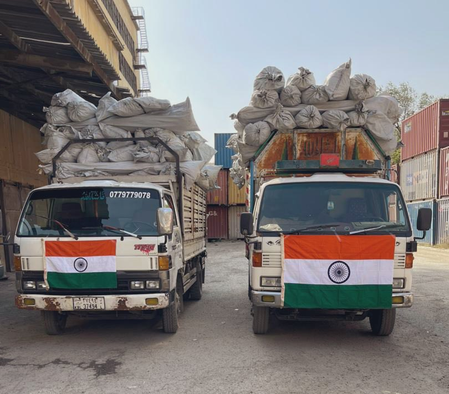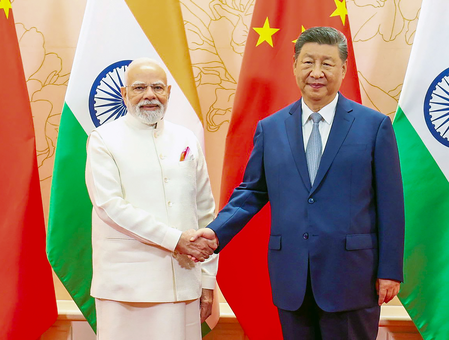
Taipei, Sep 1 (IANS) Beijing’s ‘One China’ policy has become more than a diplomatic formula, evolving into a tool to reshape the foundations of globalisation, with China seeking not mere recognition but adherence to its own rules, a report cited on Monday.
According to a report in Taipei Times, during his recent official visit to New Delhi, Chinese Minister of Foreign Affairs Wang Yi publicly announced that India recognised Taiwan as part of China.
However, New Delhi has reiterated that there has been no change in its position and India, like many other countries, has economic, technological, and cultural exchanges with Taiwan.
“It reaffirmed that India continues to recognise Beijing as the government of China, consistent with the policy adopted in 1949. Secondly, it explicitly rejected the expanded interpretation that Beijing seeks to attach to ‘One China’. By pointing out that even Beijing engages with Taipei in similar domains, New Delhi exposed the overreach in China’s narrative. The line was sharply drawn; recognition does not equate to subordination,” wrote Lin Hsiao-chen ,an Assistant Professor at Taiwan’s Tamkang University’s Graduate Institute of International Affairs and Strategic Studies in Taipei Times.
“China’s strategy has unfolded gradually yet deliberately. What began as a question of representation has progressively transformed into conditionality embedded in market access. States seeking deeper economic ties with China have increasingly been required to accommodate Beijing’s position on Taiwan as the price of entry,” he added.
The report emphasised that Lithuania’s experience, which faced coercive trade restrictions after allowing a Taiwanese representative office to operate under the name “Taiwan,” reflected the punitive aspect of this approach.
Similarly, it said, the Czech Republic was threatened with reduced business opportunities following high-level engagements with Taipei, while several African governments were warned of curtailed financing and infrastructure projects if they accepted Taiwanese aid or hosted official delegations.
Collectively, these cases highlighted how ‘One China’ has shifted from diplomatic recognition to an instrument of structural leverage, forcing states to adjust their foreign policies to access the Chinese market.
The report detailed that this evolution has been subtle rather than confrontational. Gradually, ‘One China’ has transformed from a diplomatic formula to a prerequisite for market access and now functions as a mechanism to influence international norms. The outcome, it said, is a super ‘One China’ that asserts not only sovereign recognition, but also Beijing’s authority to dictate the terms of international interaction.
“Against this backdrop, India’s intervention gains even greater significance. The dispute over Wang’s claim was not about semantics, but about sovereignty in rulemaking. India drew a decisive line. It would continue to uphold its 1949 recognition of the PRC, but it would not concede its strategic autonomy by endorsing Beijing’s expansion of ‘One China’, the report noted.
–IANS
scor/as



